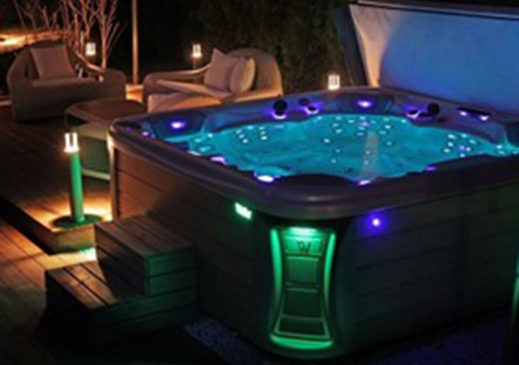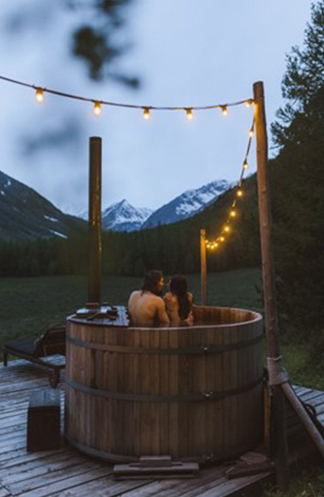Everything you need to know before you purchase a Hot Tub.
Hot tubs have gained tremendous popularity in recent years as a means to unwind and find solace within the comfort of one’s own home, particularly in the wake of the pandemic.
Not only do they offer a luxurious spa-like experience, but they also bestow a multitude of health benefits, including enhanced circulation and relaxation of muscles.
Whether you seek to entertain guests or simply indulge in a rejuvenating soak after a tiring day, a hot tub can serve as a splendid addition to any household.
In this article, we will explore the world of hot tubs.
We’ll delve into what exactly a hot tub is, discuss the various types available, weigh the pros and cons, consider the cost and lifespan, and offer guidance on making the right purchase.
Additionally, we’ll provide valuable tips on installation and maintenance to ensure you get the most out of your new hot tub.









